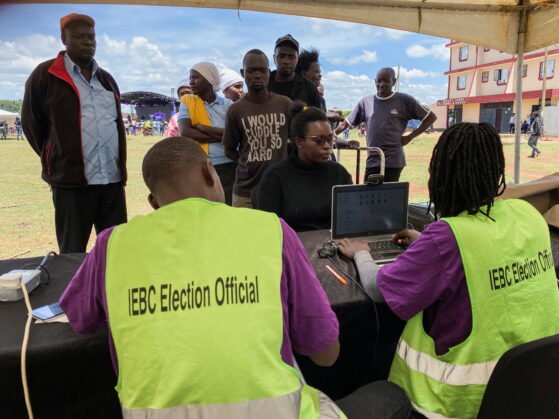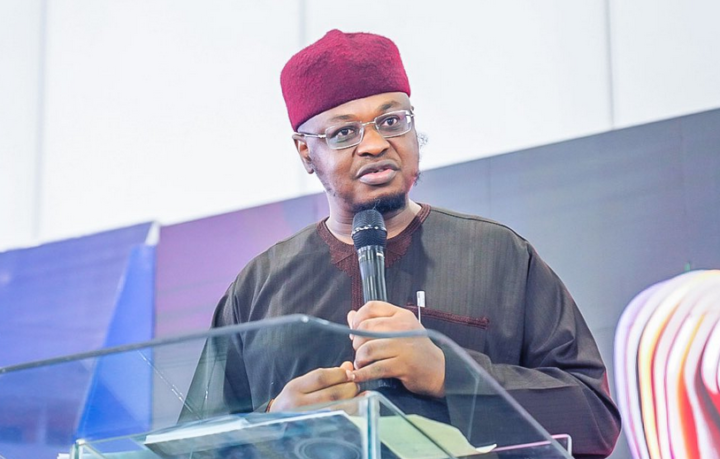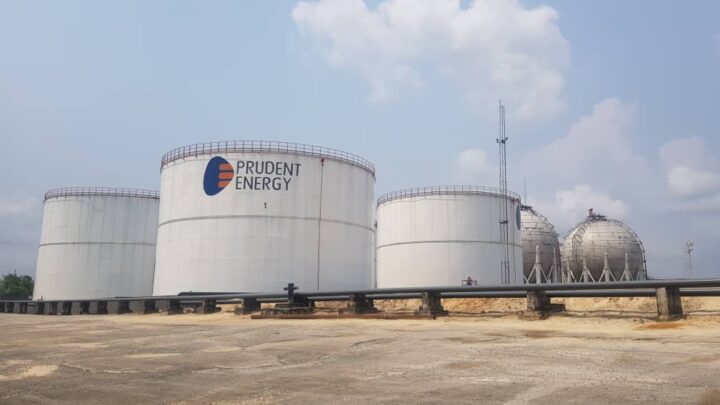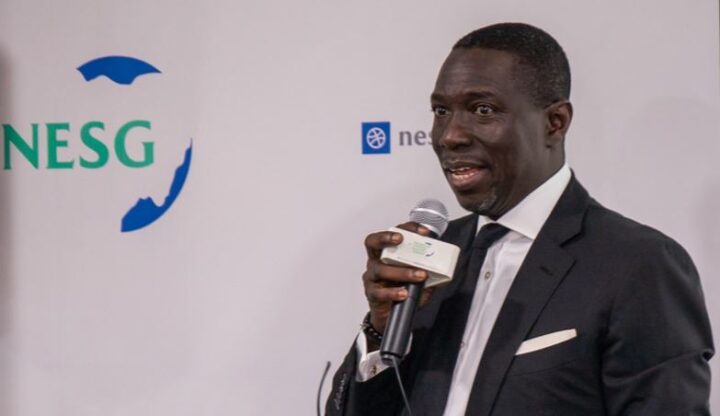Here are the seven top business news you need to track this week — August 8 to August 13.
KENYA’S ECONOMY IN FOCUS AHEAD OF PRESIDENTIAL ELECTION
On Tuesday, August 9, Kenyans will head to the polls to elect new leaders.
The election will determine who will lead the East African nation to tame the high food inflation rate of about 18 percent and other commodities surge due to global uncertainties.
Advertisement
The winner of Kenya’s presidential election will face several economic issues when he takes office.
PORTUGAL TO REGULATE CRYPTO EXCHANGES
Banks in Portugal have closed accounts belonging to crypto exchanges, citing “risk management” reasons in a move to regulate the industry in line with other EU nations.
Advertisement
Bitcoin opened trading this week at $23,000 as the cryptocurrency market is gradually gaining momentum.
FOUR SEAPORTS IN NIGERIA’S COMMERCIAL CITY
Last week, the federal executive council (FEC) approved $2.59 billion for the development of the Badagry Seaport under a Private-Public-Partnership (PPP) arrangement.
The port would be operated for 45 years by the developers.
Advertisement
Also, the management of the Lekki deep seaport said the project is now at the 95 percent completion stage. It added that operations are likely to commence by the end of the year.
With this new addition, Lagos, the commercial nerve centre, would have four seaports to facilitate smooth trade.
UK ECONOMY INCHES INTO RECESSION
The Bank of England has predicted that the UK economy will fall into a five-quarter recession — with the gross domestic product (GDP) shrinking in the fourth quarter of this year and in each quarter throughout 2023.
Advertisement
To tame rising inflation. the Central Bank hiked the country’s interest rates from 1.25 percent to 1.75 percent — the most significant hike in 27 years.
NIGERIA’S PRODUCTION DROPPED TO 1.08M BPD AS OPEC QUOTA RISES
Advertisement
Nigeria’s crude oil production dropped to an average of 1.08 million barrels per day (bpd) in July from 1.16 million the previous month.
The Nigerian Upstream Petroleum Regulatory Commission (NUPRC) said this in its latest crude oil and condensate production data for July 2022.
Advertisement
The report showed a 6.42 percent decrease from June’s production figures — causing more worries to a cash-strapped economy.
Last week, the Organisation of Petroleum Exporting Countries (OPEC) and its allies raised Nigeria’s oil production quota to 1.830 million barrels per day in September from 1.826 million barrels per day in August.
Advertisement
SHELL SHUTS CRUDE OIL VESSEL
Shell Petroleum Development Company (SPDC) has shut down its floating, production, storage and offloading (FPSO) vessel, located off the Bayelsa coastline.
But in a new development, residents of Bodo community, Rivers state, lamented over another spill at the Trans-Niger Pipeline, operated by Shell Petroleum Development Company joint venture (SPDC JV).
GOVERNORS GIVE BUHARI 33 STEPS TO FIX ECONOMIC CRISIS
According to a report by Premium Times, Nigerian governors have asked the federal government to raise value-added tax (VAT) to 15 percent and offer public workers older than 50 years a one-off retirement package to avert the looming economic crisis.
They also asked the government to reduce duplications (e.g. empowerment programmes) and waste, reduce 1 percent granted to NASENI to 0.2 percent, amend the 2022 Finance Act, reduce personnel costs of federal government MDAs, and expedite the privatisation of non-performing assets like the NDPHC power plants.
On foreign exchange and reserves, they suggested that foreign trips by MDAs, including budgetary-independent agencies such as FIRS, NPA, NIMASA and NCC, be put on hold for at least one year to conserve foreign exchange and grow the reserves.
THREE NIGERIAN ENTREPRENEURS AMONG 28 GLOBAL LEADERS
Three Nigerian entrepreneurs have been named among the 28 global thought leaders and policymakers in the Bloomberg new economy catalyst 2022 list.
They are Wemimo Abbey, co-founder and co-chief executive officer of Esusu, Odunayo Eweniyi, co-founder and chief operating officer, PiggyTech Global Limited and Olugbenga Olufemi, founder and chief executive officer of Reddi.
Add a comment






